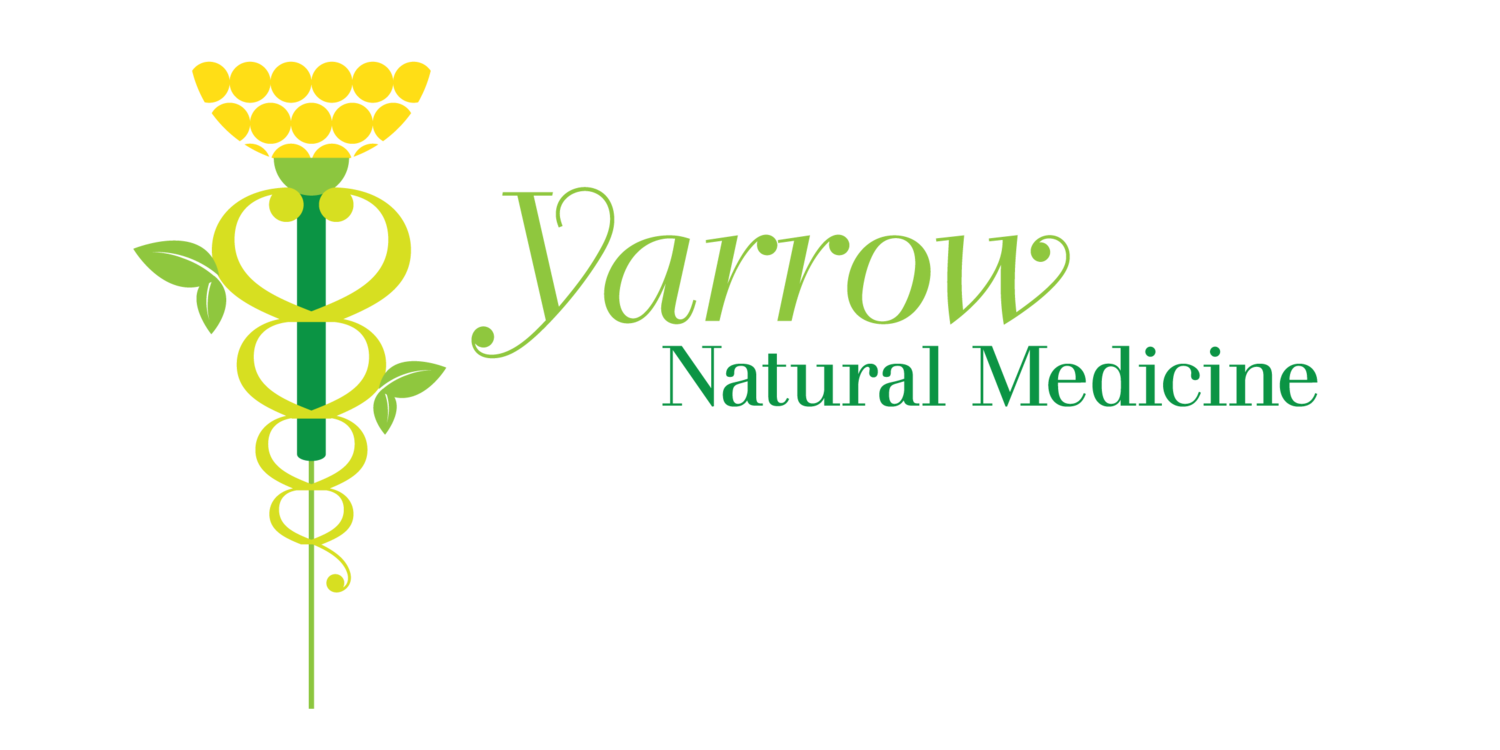NATUROPATHIC MEDICINE
Naturopathic Medicine is a distinct form of primary care medicine that unites time-tested natural therapies with modern science. Licensed Naturopathic doctors (NDs) are trained to perform physical exams and run standard labs and imaging for a comprehensive understanding of each patient's condition. NDs work with patients to enhance their overall well-being and to prevent and support acute and chronic conditions.
In Wisconsin, NDs do not serve as primary care physicians, but rather as adjunctive care. They will collaborate with your other providers so that you receive the best care. NDs are well-trained in drug/supplement interactions and can educate and support you to ensure safety. They can also help you interpret laboratory values.
Tools utilized
Based on your unique story and state of health, your ND will create an individualized plan together with you to optimize your health. Tools utilized by NDs include: nutritional supplements, western herbs, homeopathy, dietary guidance, and healthy lifestyle changes. NDs are also trained in minor surgery and pharmaceutical prescribing but can only utilize these modalities in select states (Wisconsin not included).
6 Principles of Naturopathic Medicine
The Healing Power of Nature: Utilize the body’s inherent wisdom and ability to heal itself.
Identify and Treat the Cause: Look for the root of the problem rather than merely eliminating or suppressing symptoms.
First Do No Harm: Utilize methods and healing substances that are least invasive and have the fewest side effects.
Doctor as Teacher: Educate patients on how to realize and maintain optimal health.
Treat the Whole Person: Treat each patient by taking into account individual physical, mental, emotional, spiritual, genetic, environmental, social, and other factors.
Prevention: Focus on overall wellness and disease prevention.
Naturopathic Medical Education
Licensed Naturopathic doctors are trained in a 4-year doctorate program, as primary care physicians, at a nationally accredited Naturopathic medical school. They are educated in the same basic science courses as MDs, but with additional focus on holistic approaches, disease prevention, and natural therapeutics. In addition to standard medical curriculum, Naturopathic physicians study clinical nutrition, homeopathy, botanical medicine, and counseling. NDs participate in over 900 supervised clinical and observational hours during their Naturopathic education. Following graduation, Naturopathic physicians take rigorous Board exams, in order to be eligible for licensure.
Here is a comparison of the curriculum at accredited Naturopathic medical schools and Conventional Medical schools. https://www.bcna.ca/documents/comparativecurriculacombined.pdf

